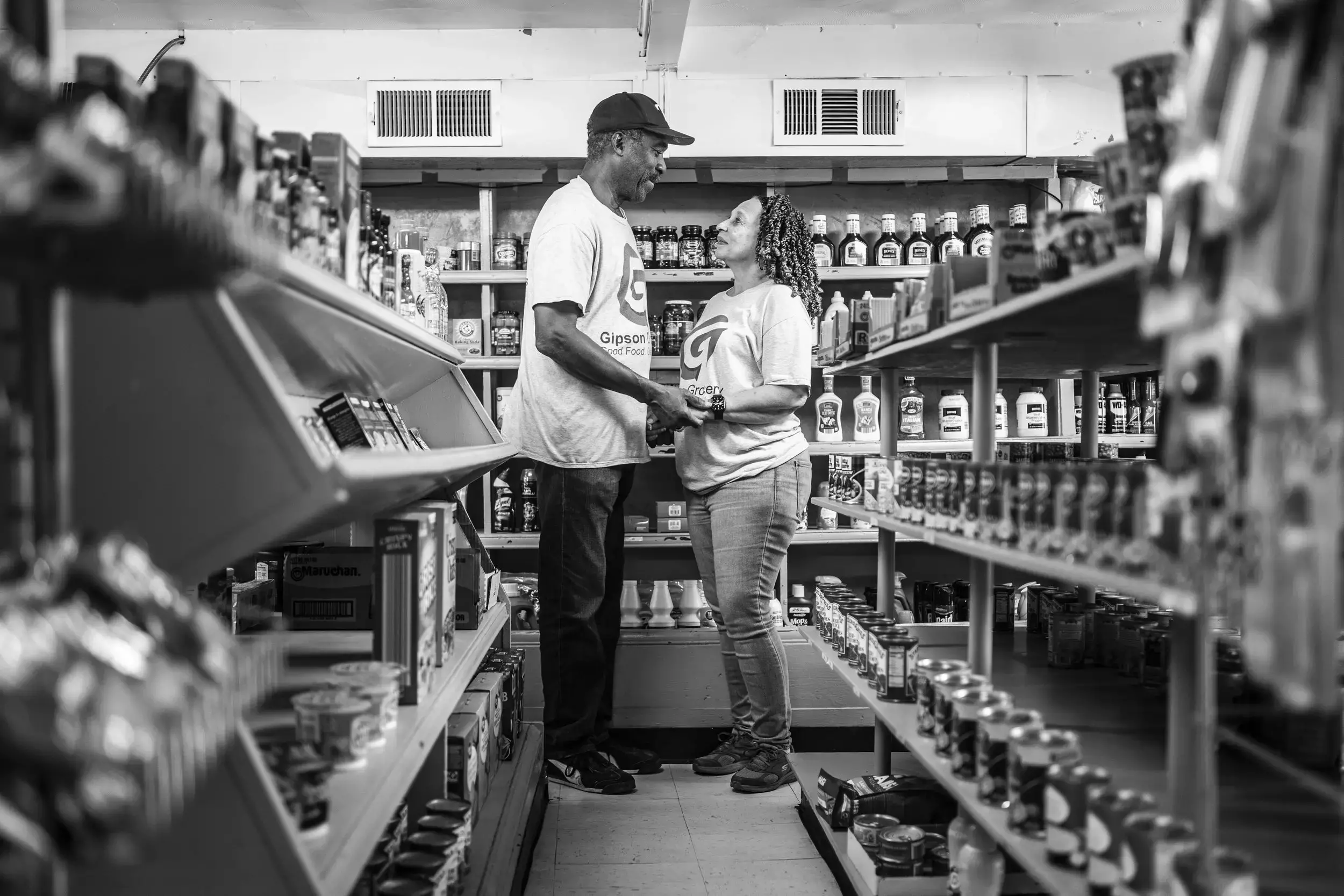.jpg.webp?itok=sDv_6Qgr)
Pulitzer Center Joins Global Gathering Discussing the Future of the Ocean
This week’s newsletter covers Greek mythology, statistics, breakthrough journalism, and a treaty that may someday be described as a policy-shaped life jacket.
Let’s begin with Nike. Not the brand, but the goddess, the embodiment of victory. In 350 BC, after defeating the Ligurians, Greek mariners honored Nike by founding a city in her name. Over the centuries, the village became a strategic trading spot and changed hands many times before joining France in 1860. Today, we know it as Nice, and, from June 9 to 13, it hosted the third United Nations Ocean Conference.
A lot was at stake. U.N. delegates, heads of state, NGOs, civil society actors, and journalists—including Pulitzer Center Fellows—gathered to address one of the most urgent challenges of our time: the future of the ocean. The discussions focused on three core priorities. First, mobilizing financial resources to support a sustainable blue economy. Second, strengthening marine scientific research and improving how that knowledge is shared and applied. And third, completing key agreements essential to global ocean governance. One of these agreements is the High Seas Treaty.
The treaty, signed last year, aims to ensure the conservation and sustainable use of marine biodiversity in international waters. But it has yet to be ratified. This means that fewer than 60 nations have formally agreed to adopt it as binding international law and align their national legislation accordingly. Until that threshold is met, the treaty remains a promise, not a guarantee.
That’s a cause for concern. Since 1901, global sea levels have risen by 23 centimeters (9 inches), and, last year, they reached the highest point ever recorded. The crisis doesn’t end there. Ocean heat has also hit record levels, and the biodiversity emergency continues to deepen, with 1,677 marine species now threatened with extinction.
That’s where breakthrough journalism makes a difference. Reporters from the Pulitzer Center’s Ocean Reporting Network (ORN) are uncovering critical, often overlooked stories that shape the future of our ocean. ORN Fellow Lisseth Boon revealed that despite a 2017 regulation intended to protect Venezuela’s local fishing industry, seven out of every 10 tons of sardines are still being exported to Cuba in violation of the law. Meanwhile, ORN Fellow Katie McQue exposed the harsh reality faced by seafarers, the very foundation of the global maritime industry, who are frequently subjected to illegal recruitment, deceptive contracts, and abandonment at sea.
Stories like these help people see the ocean in a new light and remind us that the victory of tomorrow depends on the stories we tell today.
May we keep our attention always sharp,
.png.webp?itok=euMYT_X_)
Impact
Nearly two dozen students from eight public schools in Winston-Salem, North Carolina, gathered on May 1, 2025, to celebrate the opening of an exhibition of photographs they composed for the “How I See It” photography contest.
The contest invited students to choose one of the Pulitzer Center’s five focus issues, read a related news story, and reflect on how it connects to their lives or communities. Students then composed photographs and artist statements that illustrate the personal or local relevance of the global issue they explored. The photos reflect students’ concerns with AI accountability, pollution, and access to the internet and healthy food. They also reflect the ways that students are protecting their environments and challenging disparities in their communities.
“The Pulitzer Center story “How Planting Grasslands Fights Climate Change” helped me learn how I can keep my community safe by planting plants that work with the area,” said Evelyn Oyler, a contest finalist from The Downtown School in Winston-Salem.
Read more about the impact of the contest here.
Photo of the Week

“In the image shown stand the Gipsons, a couple deeply in love. They own Gipson Grocery, one of the longest-running Black-owned grocery stores in the nation. This store is a vital pillar of the community. My goal was to show not only its significance but also the harm environmental pollutants from the nearby GAF factory have caused to the people and places that hold so much history. Environmental injustices and disruptions that take place in one community will eventually affect the entire world.”
—Nitashia Johnson
This message first appeared in the June 13, 2025, edition of the Pulitzer Center's weekly newsletter. Subscribe today.
Click here to read the full newsletter.

This investigation looks into cross-border smuggling networks at sea.












